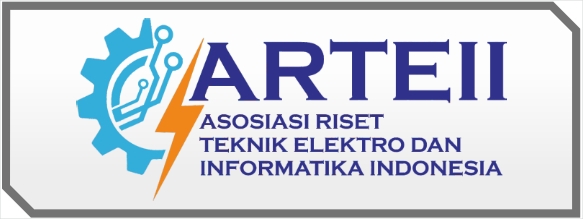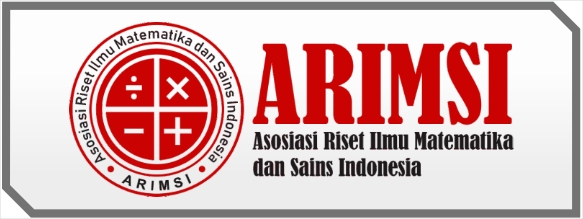Analisis Minat Beli Konsumen Muslim Terhadap Produk Makanan Kemasan Yang Tidak Memiliki Sertifikasi Label Halal
DOI:
https://doi.org/10.59581/jap-widyakarya.v1i3.853Keywords:
Halal food, halal logo, HalalAbstract
The high interest in packaged food products in Indonesia, as a country with a predominantly Muslim population, requires halal packaged food products in accordance with Islamic law to use its products. Therefore, even though every product has a halal logo for consumer safety, the presence of a halal label on packaged food can influence consumer buying interest in purchasing packaged food products. The purpose of this research is to find out how Muslim consumers buy interest in packaged food products that do not have halal certification. The method used is descriptive analysis method and the results obtained are analyzed qualitatively. Data acquisition resulted from questionnaires distributed randomly to people who are Muslim. The results of the study show that the public's understanding of halal label certification is quite good. Halal label certification is a very important element in a packaged food product. Every food product must include a halal label. The issuance of halal label certification is sufficient to influence people's decisions in buying packaged food products, with the existence of halal label certification it gives a sense of security and confidence to the public in buying packaged food.
References
Al-Bara, A.-B., & Nasution, R. (2018). Analisis Pengaruh Label Halal Pada Produk Makanan Terhadap Keputusan Pembelian Konsumen Masyarakat Kota Medan. Intiqad: Jurnal Agama Dan Pendidikan Islam, 10(2), 227–248. https://doi.org/10.30596/intiqad.v10i2.1987
Astuti, F. Y., & Nugroho, M. (2021). Analisis Pengaruh Firm Size, Leverage Dan Sale Growth Terhadap Nilai Perusahaan Dengan Profitabilitas Sebagai Variabel Intervening. Jurnal Ekonomika dan Bisnis, 8(2), 83–102.
[BPS] Badan Pusat Statistik. (2010). Sensus Penduduk 2010: Penduduk menurut Kelompok Umur dan Agama yang dianut. https://sp2010.bps.go.id/index.php/site/tabel?tid=320&wid=0000000000& amp;lang=id
Chairunnisyah, S. (2017). Peran Majelis Ulama Indonesia dalam Menerbitkan Sertifikat Halal pada Produk Makanan dan Kosmetika. Jurnal EduTech. 3(2): 64-75.
Fatmawati. (2011). Perlindungan Hak atas Kebebasan Beragama dan Beribadah dalam Negara Hukum Indonesia. Jurnal Konstitusi 8(4): 499.
Hidayatullah, M.S. (2020). Sertifikasi Dan Labelisasi Halal Pada Makanan Dalam Perspektif Hukum Islam (Perspektif Ayat Ahkam). YUDISIA: Jurnal Pemikiran Hukum Dan Hukum Islam. 11(2): 251-270
Karimah, I. (2015). Perubahan Kewenangan Lembaga-Lembaga yang Berwenang dalam Proses Sertifikasi Halal. Journal of Islamic Law Studies, Sharia Journal. 1(1): 107-131.
Nasyi’ah, I. (2018). Pelanggaran Kewajiban Pendaftaran Sertifikat Halal; Dapatkah dibuat Sanksi ?. Jurisdictie: Jurnal Hukum dan Syariah. 9(1): 84-108.
Ramlan dan Nahrowi. (2014). Sertifikasi Halal sebagai Penerapan Etika Bisnis dalam Upaya Perlindungan bagi Konsumen Muslim. Ahkam. 14(1): 145-154.
Syafrida. (2016). Sertifikat Halal Pada Produk Makanan Dan Minuman Memberi Perlindungan Dan Kepastian Hukum Hak-Hak Konsumsi Muslim. Jurnal Hukum. 7(2): 160-174
















